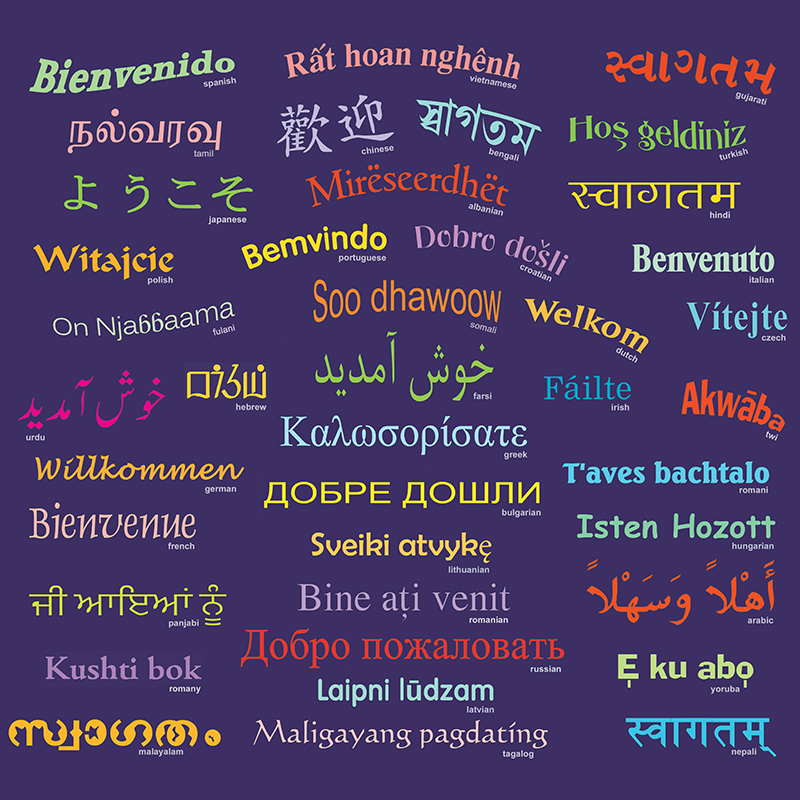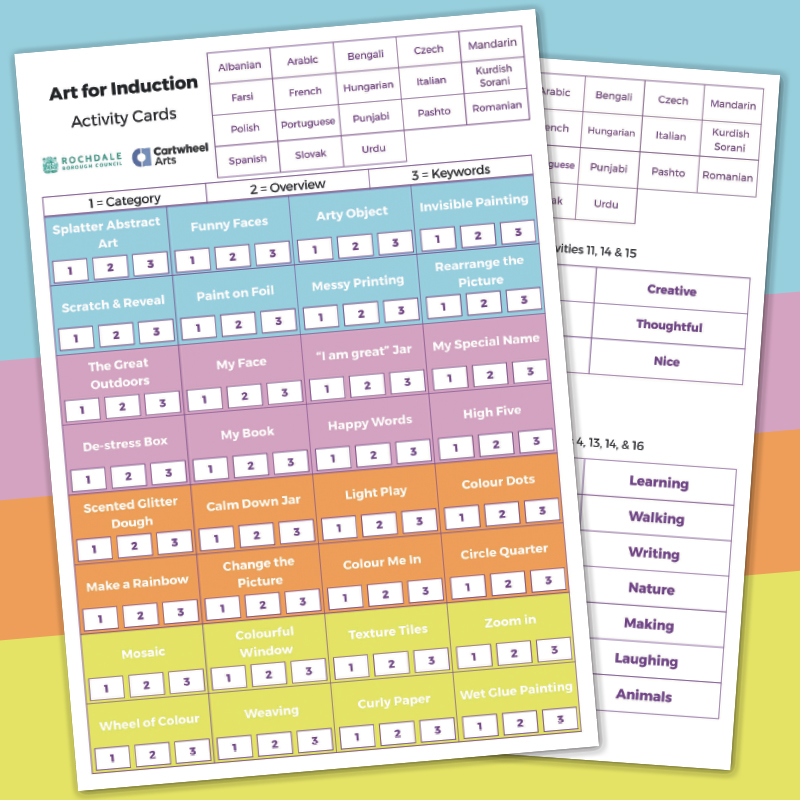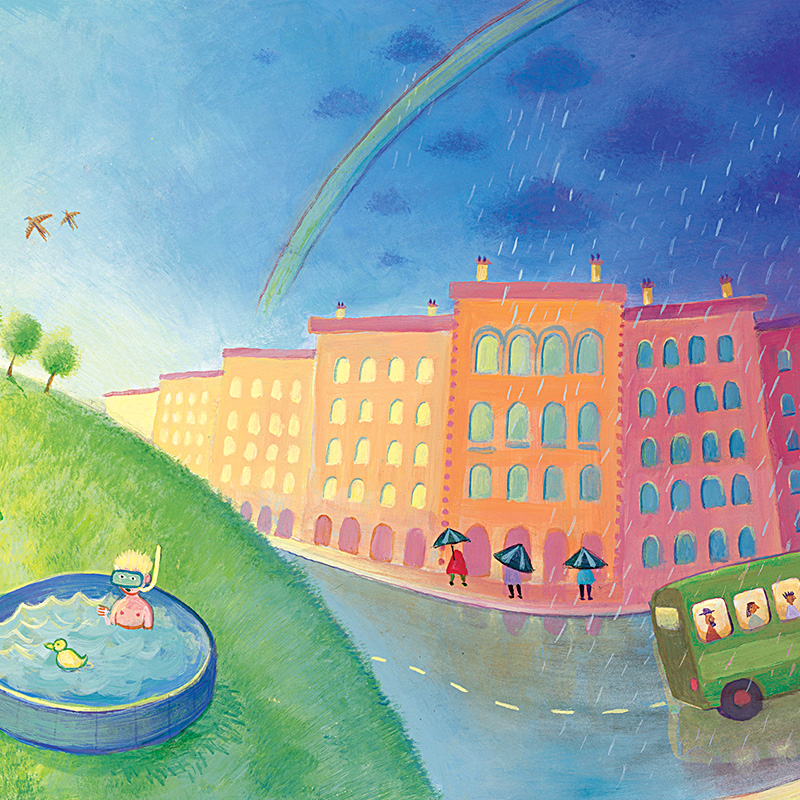bilingual
18
Jun
You, me and those who came before - Refugee Week 2019
For most of us, if we look at our family history, there will have been refugees. Some of them may be so far back in history it isn't taught much in most schools - like the French Huguenots of the 17th century. Others are more recent; many families in England, the USA, Canada, New Zealand and Australia are likely to have ancestors who fled the Irish Famine, or the Scottish Clearances, or World War Two.
18
Jun
‘Brain breaks’ for new arrivals – art activities to help transitions to a new school
The first few weeks at a new school are crucial, for educators as well as for pupils. All those rules you thought you knew are suddenly overturned, and you have to learn new ones: new names, new faces, new ways of doing things. Every June, Refugee Week celebrates contributions in the arts made by those who have made it to a safe country. One of the ways in which routine can gradually be restored is when children are in a position to attend school in their new host country.
16
Jun
Dual Language Books - A Whistle Stop Tour
Mantra Lingua dual language Books: some questions answered, namely, what, when, where, who, how, and why.
12
Jun
June bugs and barbecues or raining cats and dogs? What's the June weather like where you are?
After a warm and sunny Easter, we had high hopes for a similar kind of summer - but so far it's been a bit of a washout, as they say. I know it's a cliché that we talk about the weather such a lot in Britain and many other countries, but to be fair, it's because we have such a lot of it. The fact that I have had to dig out wellies and waterproofs (and a sturdy umbrella or two) in the last few days really got me thinking about how we talk about the weather, in general. While we all know that climate change is now a reality, the daily weather remains a popular topic of conversation.






